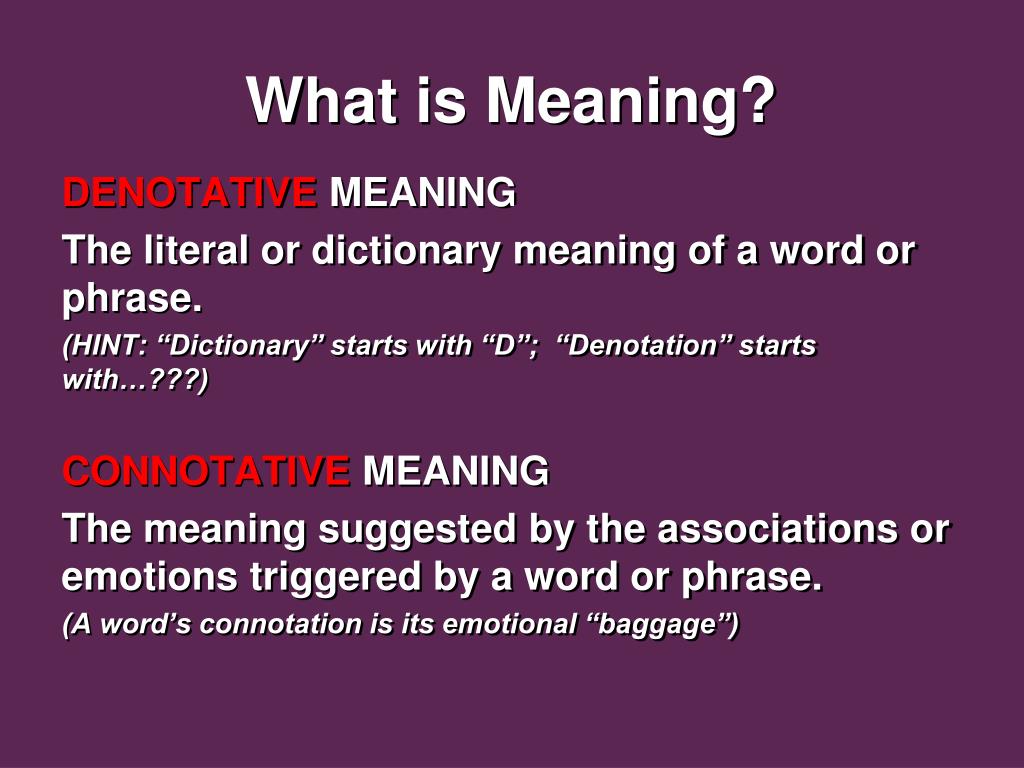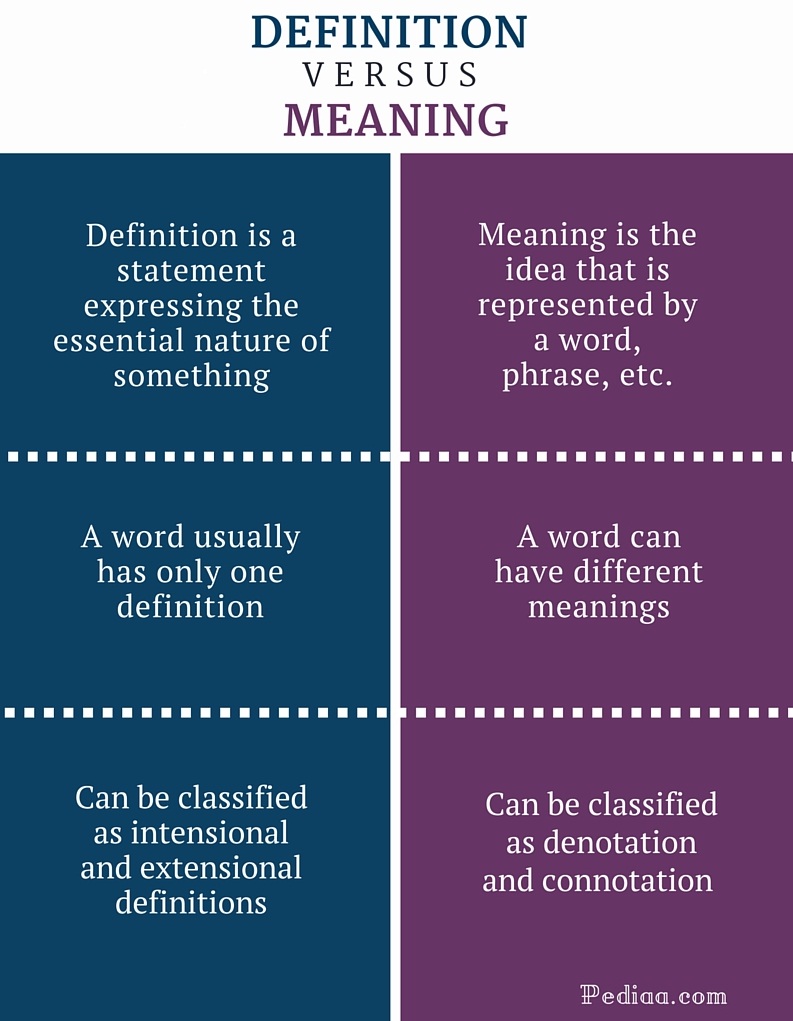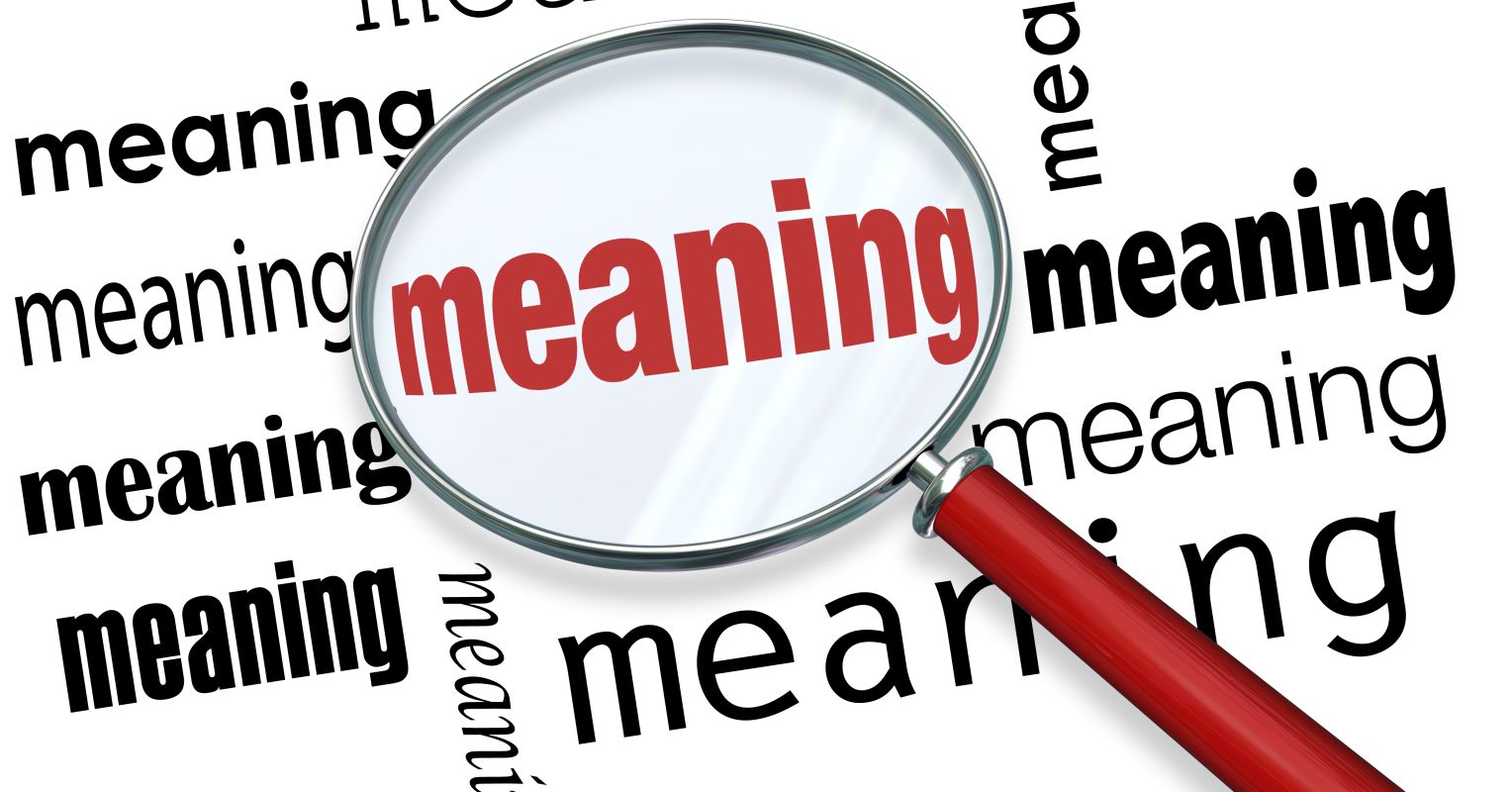When we think about strong feelings, the idea of "enmity" often comes up, especially when looking at old writings like the Bible. It is a word that carries a lot of weight, you know, suggesting a deep-seated opposition or a kind of lasting ill will. Understanding what this word truly meant to the people who wrote these ancient texts, and what it means for us today, actually gives us a clearer picture of some very important messages within the holy writings. This deep look into the meaning of enmity in the Bible can help us grasp some of the most fundamental stories and teachings that shape our beliefs.
The Bible, in various places, paints a picture of this strong feeling, showing it as something that can exist between people, between groups, or even, in a way, between humanity and the divine. It's not just a passing anger; it's more like a settled state of being against something or someone, a kind of lasting dislike that shapes actions and attitudes. So, getting a handle on this particular word, really digging into its sense, helps us see the bigger picture of biblical narratives, from the earliest stories of creation to the promises of future peace.
Exploring the various ways this concept is presented, what it expresses, and how it is explained through different stories and commands, offers a richer appreciation for the profound ideas put forth in scripture. We are, in some respects, trying to figure out what the authors intended to convey when they chose this specific term, and how that message still speaks to us, giving us insights into human nature and the divine plan. It's about figuring out what this old word truly represents in those sacred pages, and why that matters for our own lives, too.
- Seth Rollins Ethnicity
- Never Trust Anyone Quotes
- Dynasty Actors
- Whisper Challenge Sentences Funny
- Quote About Nostalgia
Table of Contents
- What Does "Enmity" Mean in Scripture?
- The Initial Spark of Enmity in the Bible
- Is Enmity Always a Bad Thing in the Bible?
- Different Senses of Enmity in Biblical Accounts
- How Does the Bible Explain the Idea of Enmity?
- Enmity's Connection to Human Nature and God's Plan
- What Are the Types of Enmity Discussed in the Bible?
- The Philosophical Side of Enmity's Meaning in the Bible
What Does "Enmity" Mean in Scripture?
When we ask what "enmity" means in the sacred writings, we are really asking about the idea it intends to convey, especially through the particular language used. It's more than just a simple word; it’s a concept that expresses or represents a state of deep opposition. For instance, in common talk, the meaning of a word, or even a simple look, is the thing someone wants to get across. In the same way, when the Bible uses "enmity," it's pointing to a very specific kind of relationship or feeling, a sort of settled antagonism that isn't easily changed. This idea, you know, is pretty central to many stories.
The general word for "meaning" points to what is intended to be shown or actually is shown. So, when biblical texts speak of "enmity," they are indicating a profound state of being against something or someone, a deep-seated opposition that goes beyond surface-level disagreement. It's like the idea connected with a word or a sign; it's the underlying thought that the sound or symbol is trying to get across. This particular term, in its biblical usage, often refers to a profound spiritual or moral separation, rather than just a simple argument. It truly is a powerful concept.
The Initial Spark of Enmity in the Bible
One of the earliest and perhaps most significant mentions of the meaning of enmity in the Bible shows up very early on, in the book of Genesis. Here, after a pivotal moment, a statement is made about a lasting opposition between two parties. The intended conveyance here is not just a disagreement, but a deep, lasting conflict that would stretch through time. It's a foundational declaration about a kind of spiritual warfare, if you will, that would shape history. This passage, actually, sets the stage for a lot that follows.
- Whats Blippis Real Name
- When Life Gives You Quotes Funny
- Francesca Farago Fiance
- Goodbye Dinner Invitation
- Tricks For Mind Reading
What this specific enmity represents is a fundamental divide, a separation that goes to the very core of existence. It's the thing or idea that the words refer to, a deep-seated antagonism between forces of good and forces of evil. This particular sense of enmity is quite profound, explaining a cosmic struggle that plays out in human lives and history. It shows that some divisions are, in a way, built into the very fabric of the world as described in these ancient texts, pretty much from the start.
Is Enmity Always a Bad Thing in the Bible?
It's interesting to consider whether the meaning of enmity in the Bible always carries a negative sense. Sometimes, the sacred writings describe a kind of opposition that, from a divine point of view, is actually quite necessary or even good. For instance, when it speaks of a separation between good and evil, or between light and darkness, this "enmity" is not seen as a flaw but as a proper alignment. This particular meaning shows up when God expresses a strong opposition to things that are harmful or unjust, like wrongdoing. So, it's not always about personal hatred, you know.
This "sense" of enmity, where it is directed against things that go against what is right, differs quite a bit from the kind of enmity that causes harm between people. It's the idea connected with a word that denotes a righteous stand against corruption or moral decay. In this context, enmity is a clear indication of divine standards and a firm rejection of anything that spoils creation or hurts living beings. It shows that, in some respects, there can be a necessary opposition for the sake of goodness, a sort of divine boundary setting.
Different Senses of Enmity in Biblical Accounts
The meaning of enmity in the Bible can take on different forms, showing up in various biblical accounts with distinct shades of meaning. For example, there's the idea of spiritual enmity, often mentioned in places like the letter to the Romans. Here, it refers to the human mind's natural opposition to divine guidance. It's what the word expresses or represents when it talks about a heart that just doesn't want to follow what is considered right. This particular meaning describes a deep-seated resistance within a person, a kind of inner struggle that shapes their choices, too.
Then there's what you might call "worldly enmity," as seen in the book of James, where friendship with the ways of the world is explained as being at odds with devotion to a higher power. This "thing or idea" that it refers to is a choice to align oneself with values that are considered to be in opposition to spiritual ones. It’s explained using other words as a kind of spiritual unfaithfulness, where one’s loyalties are divided. So, the sense of enmity here is about divided loyalties and the consequences that come from choosing one path over another, pretty much a clash of values.
How Does the Bible Explain the Idea of Enmity?
The Bible, in its unique way, helps us grasp the meaning of enmity by showing us what it expresses or represents through stories and teachings. It's not just a dictionary definition; it's about seeing how this concept plays out in real-life situations and spiritual truths. The language used, the way characters interact, and the outcomes of their choices all work together to convey this deep idea. It's the thing one intends to convey, especially by language, that helps us get a handle on it. So, how do we use this concept in our thoughts?
The meaning of a word, expression, or gesture is the thing or idea that it refers to or represents, and which can be explained using other words. In the Bible, enmity is often explained through actions like hostility, conflict, or a settled state of being against. It’s not simply a fleeting emotion; it’s a condition that influences relationships and spiritual standing. This kind of explanation helps us see that enmity, in biblical terms, is a profound and active state of opposition, something that has real consequences. It’s a very significant concept, really.
Enmity's Connection to Human Nature and God's Plan
The meaning of enmity in the Bible often connects deeply with ideas about human nature and the broader divine plan. This concept, in a way, denotes a fundamental separation or a state of being at odds with something. It’s a referent to the brokenness that can exist within individuals and between groups, a kind of spiritual disconnect. The idea connected with this word points to the consequences of choices that lead away from unity and peace, showing how deeply rooted this opposition can become. It's about how we are, as people, and what that means for the bigger picture.
When we look at enmity in this light, it becomes clear that it’s not just about individual feelings but about a larger narrative concerning creation and restoration. The idea of enmity is often shown as something that needs to be overcome for a greater good to happen. It represents a challenge that must be faced for harmony to be restored, a very important part of the overall story. This means that, pretty much, the presence of enmity in the biblical narrative serves a purpose, highlighting the need for reconciliation and a different way of living.
What Are the Types of Enmity Discussed in the Bible?
When we look at the meaning of enmity in the Bible, we can see that it appears in several distinct forms, each with its own particular sense. There is, for example, the enmity between individuals or groups, often born from jealousy, misunderstanding, or past wrongs. This kind of enmity is what it expresses or represents when people are openly hostile towards each other, leading to conflict and division. It's a common human experience, of course, and the Bible doesn't shy away from showing its effects. This kind of opposition, you know, can be quite destructive.
Then there is the spiritual enmity, a profound opposition between humanity and the divine, or between good and evil forces. This refers to a state where hearts are set against divine guidance, or where spiritual powers are in direct conflict. The significance, purpose, or worth of human existence is often tied to how one navigates this spiritual opposition. It’s a deep, often unseen, battle that shapes the destiny of individuals and nations, pretty much. This type of enmity is a very central idea, actually.
The Philosophical Side of Enmity's Meaning in the Bible
Considering the meaning of enmity in the Bible also touches upon what some might call its philosophical aspects, thinking about its definition, elements, and types. It's about exploring the underlying ideas and principles that give this concept its weight in the sacred writings. This is where we consider what "enmity" truly means in a broader sense, beyond just a simple feeling, but as a foundational element in understanding the human condition and our place in the world. It’s the idea connected with a word that helps us think about bigger questions, you know.
The discussions in philosophy about the meaning of life, its significance, purpose, or worth, can actually shed light on how enmity is presented in the Bible. The presence of enmity, whether between people or against the divine, often serves to highlight the importance of peace, reconciliation, and ultimately, a different way of being. It's the thing or idea that refers to a deep need for change and transformation, suggesting that overcoming this opposition is a vital part of finding true meaning. So, in some respects, understanding enmity helps us appreciate the pursuit of harmony.
Throughout the Bible, the meaning of enmity is explored in many different ways, showing it as a powerful force that can create division, but also as something that, when understood in its divine context, highlights the need for a deeper connection and peace. It's a concept that expresses profound opposition, whether between people, or in the spiritual sense, between good and evil. The various accounts and teachings explain what this idea refers to, showing its impact on human nature and the broader divine narrative. By looking at these different senses, we gain a clearer picture of what this important word truly means in the sacred texts, pretty much giving us a more complete idea of its place in the grand story.
Related Resources:



Detail Author:
- Name : Isac Kohler
- Username : jwyman
- Email : carolyne.kessler@yahoo.com
- Birthdate : 1978-04-07
- Address : 4522 Ariane Trail Timmybury, WV 88995-3314
- Phone : 657-660-3624
- Company : Grady PLC
- Job : Courier
- Bio : Omnis cumque dolorum rem blanditiis et. Eos assumenda qui laboriosam recusandae minus hic molestiae deserunt. Amet dolores illo tenetur sapiente dolores harum.
Socials
linkedin:
- url : https://linkedin.com/in/ramonagerhold
- username : ramonagerhold
- bio : Adipisci deserunt modi vel.
- followers : 5839
- following : 1131
facebook:
- url : https://facebook.com/ramona_official
- username : ramona_official
- bio : Neque ad debitis eos dicta incidunt possimus.
- followers : 1661
- following : 2177